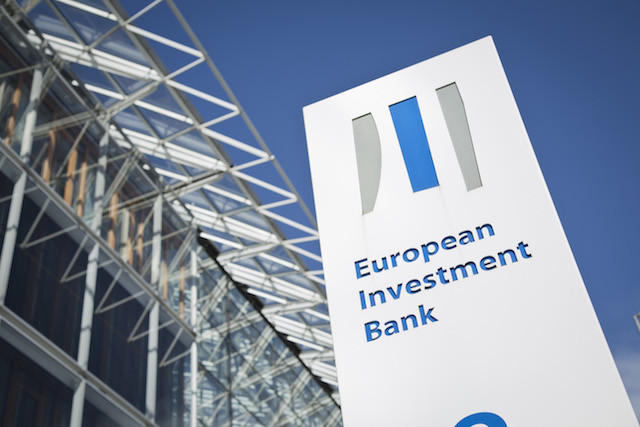The European Investment Bank should make progress in terms of integrity, accountability and transparency, the NGO Transparency International stated in a report, “Investing in integrity?”, released in November.
The EIB dispersed €62.4bn in financing in 2016, and is in charge of the separate European Investment Fund’s €23.6bn portfolio and €315bn European Fund for Strategic Investments (better known as the “Juncker plan”). For comparison, the World Bank lent about €57.5bn in the fiscal year ending June 2016.
While the EIB “is scrupulous in applying financial safeguards and auditing its accounts” and facing up to cases of fraud, the advocacy group wrote, it does little to punish offenders. “At the time of publication, only three companies across the globe are currently barred from EIB funding due to corruption or fraud”, compared to 820 at the World Bank. In response, an EIB official told Delano: “Exclusion is not the only sanction and remedy available”. TI wants the EIB to join the “cross-debarment” network run by several international institutions, where a sanction by one is a sanction by all. But the EIB official said it can’t due to EU law; unlike other development lenders, “EIB decisions can be challenged before the Court of Justice of the EU”.
At the same time, the TI report warned that “there is an ongoing risk that senior managers at the bank have too much discretion to favour companies from their ‘home’ countries”. The EIB’s nine management committee members, the NGO pointed out, are responsible for projects from their home countries (in addition to sectoral duties). The bank official countered that the committee “makes collective decisions by consensus, and if a vote is needed, by majority, i.e., no [committee] member can decide on his or her own.” In addition, technical staff assess all projects beforehand and final decisions are then taken by the board.
However, TI noted that EIB board directors are usually senior member state officials who often have limited time to review EIB management recommendations since they only meet ten times a year. The bank official replied: “Projects and recommendations are discussed in much detail by the board--and they address questions to the bank management whenever they deem necessary--both during and prior to their meetings.”
Then TI said the bank suffers from “a lack of transparency, as none of the EIB’s governing bodies publish their minutes”; generally speaking, only meeting summaries are released. The EIB official said there are “ongoing discussions” internally on publishing EIB board and EFSI Investment Committee minutes, and the public can already seek disclosure of board minutes by filing a public information request ([email protected]). However, “the publication of the [management committee’s] preliminary debates on operations would likely harm the decision-making of the [board of directors].”
This article was first published in the Winter 2017 issue of Delano magazine. Be the first to read Delano articles on paper before they’re posted online, plus read exclusive features and interviews that only appear in the print edition, by subscribing online.
